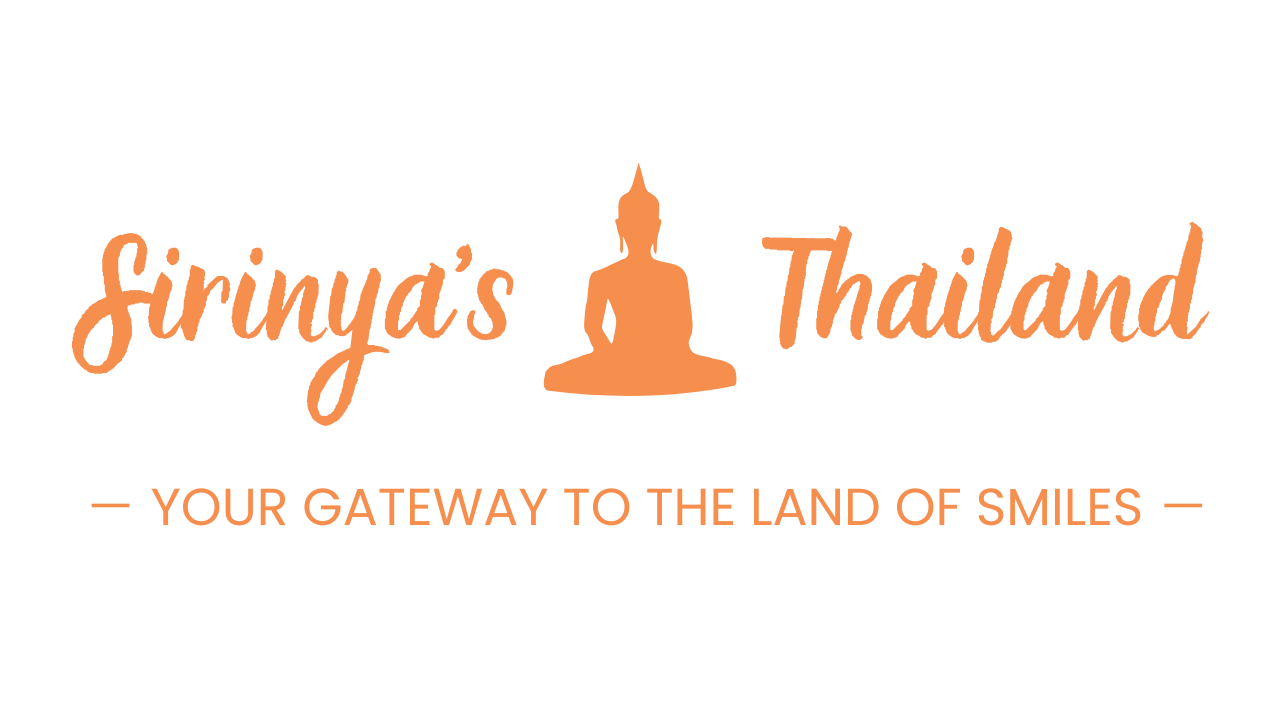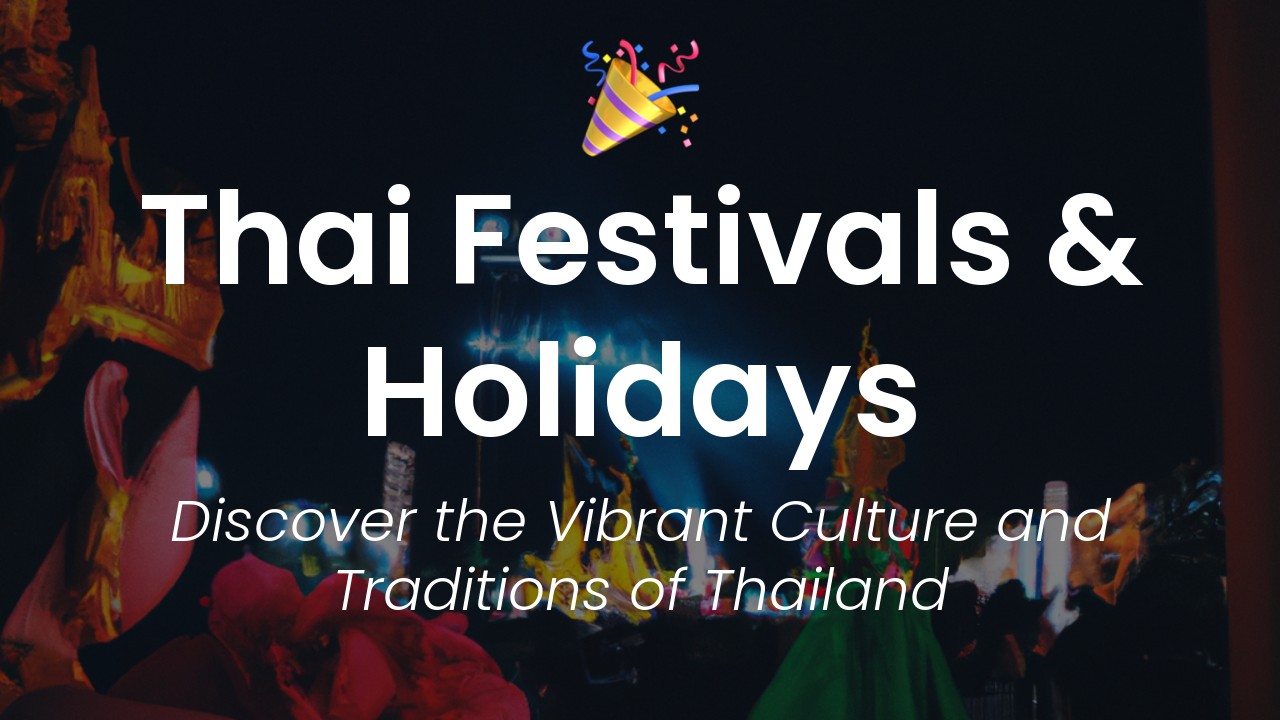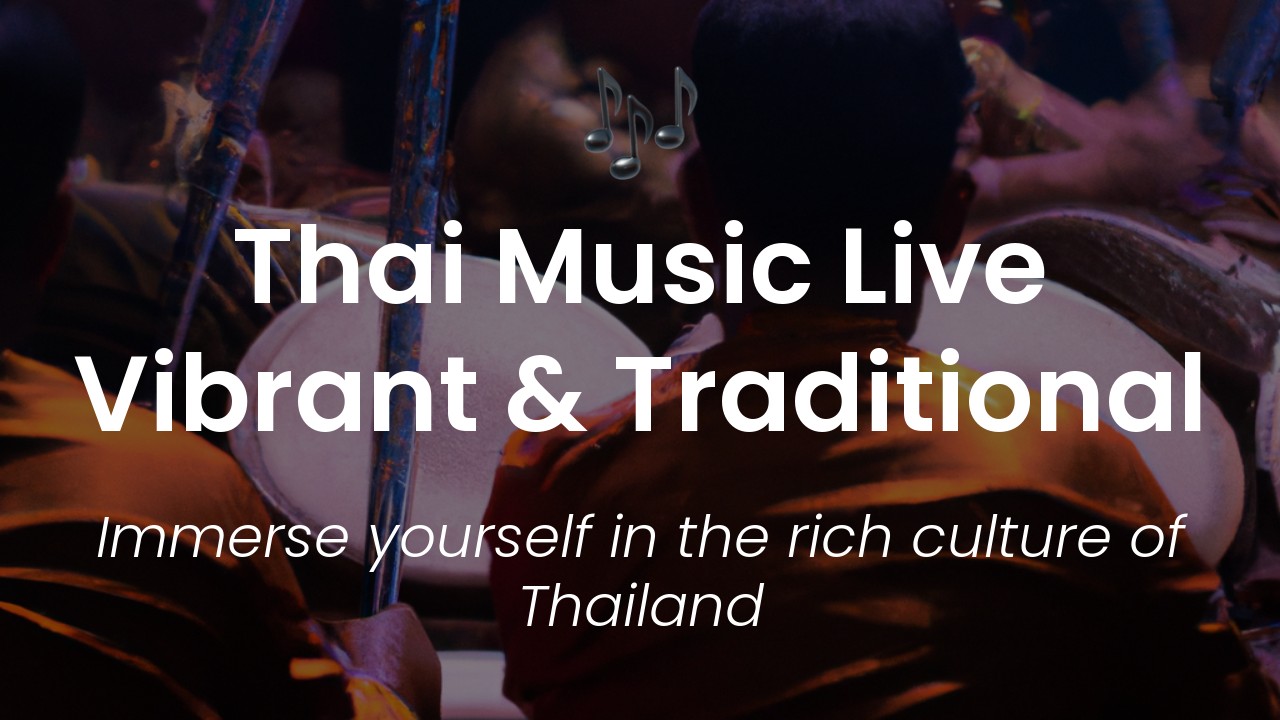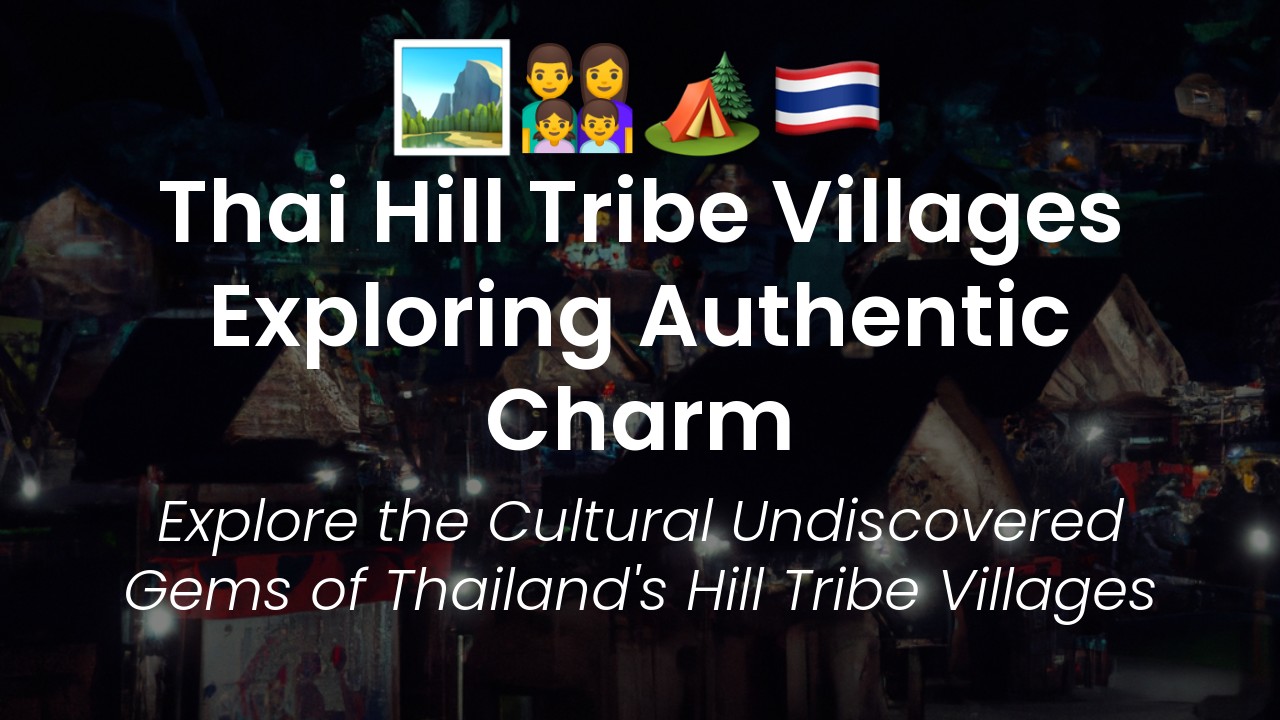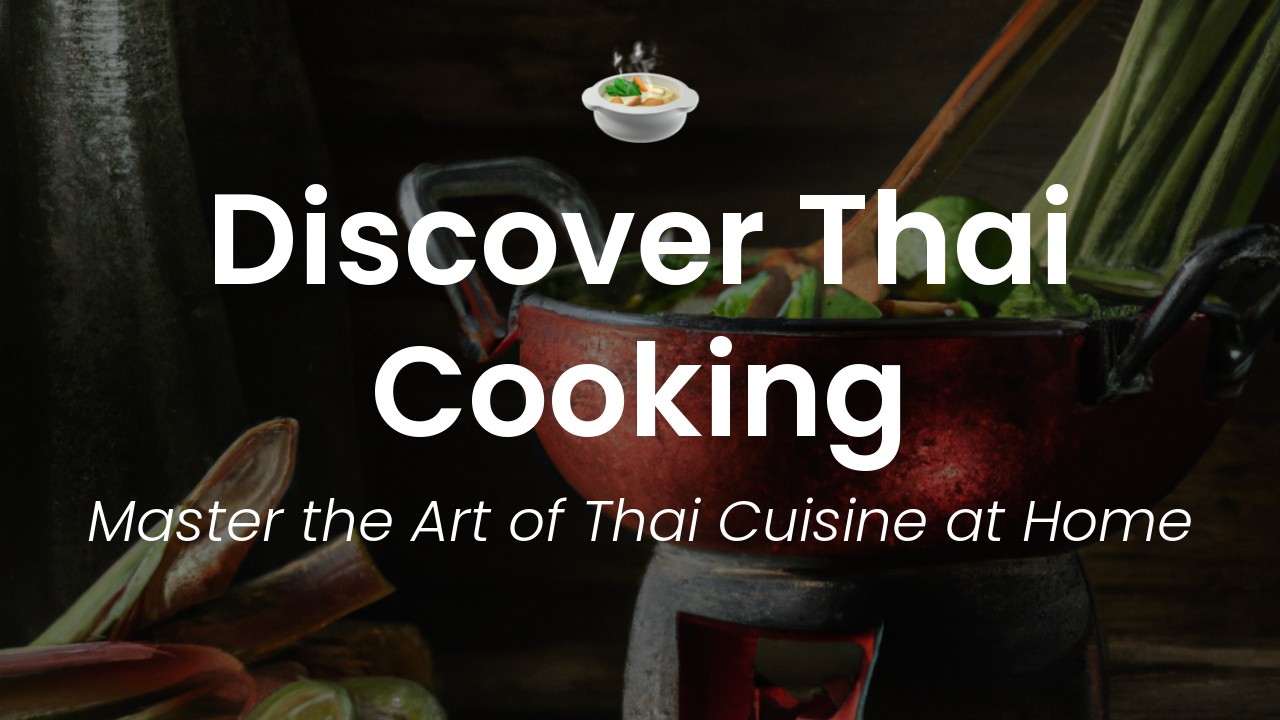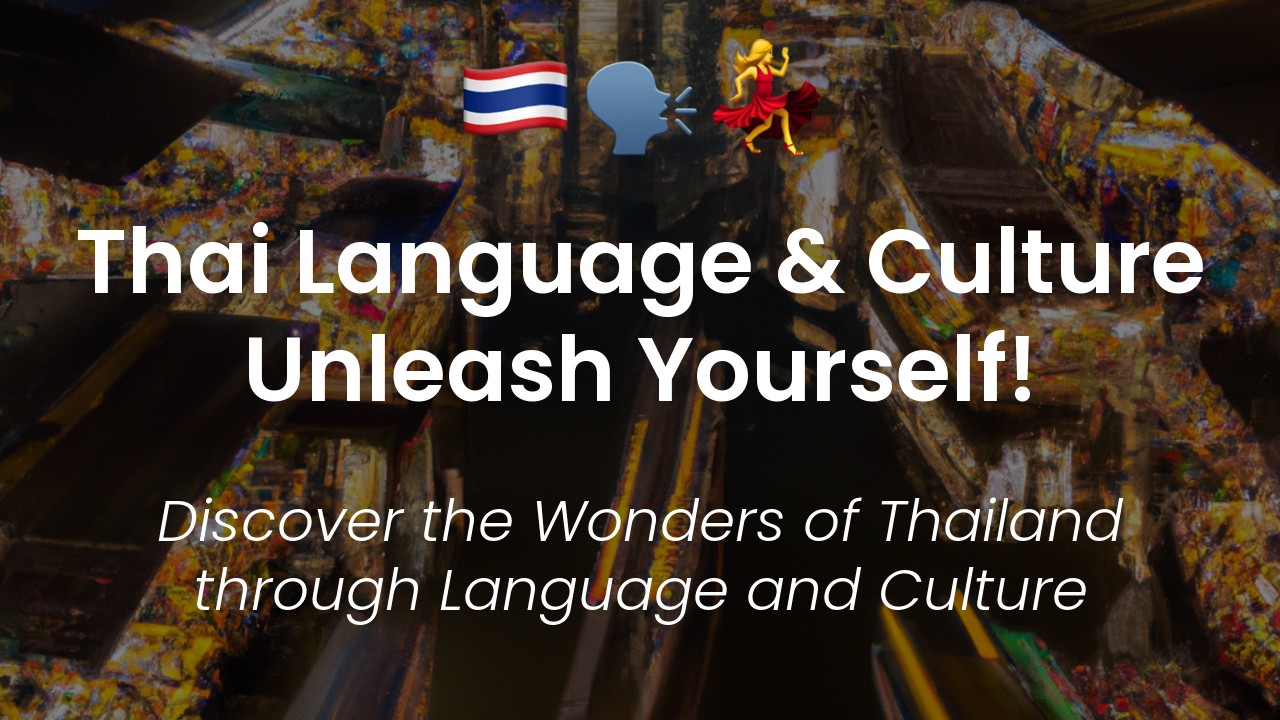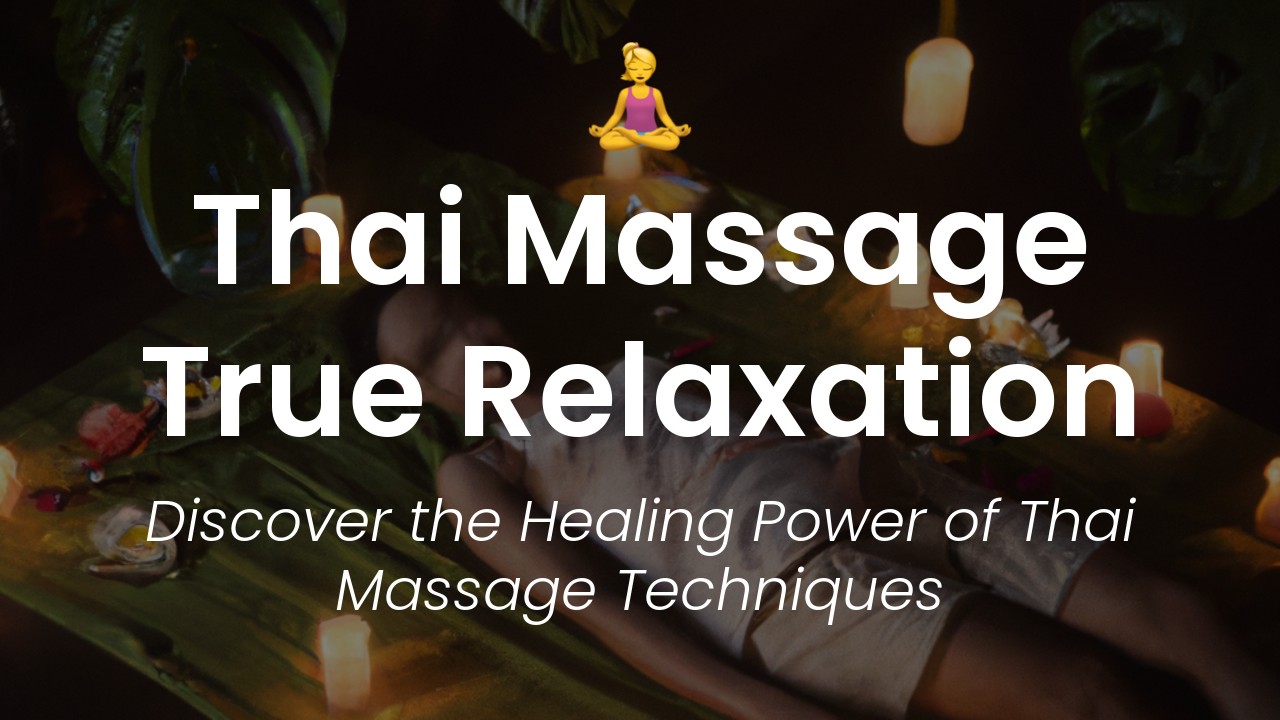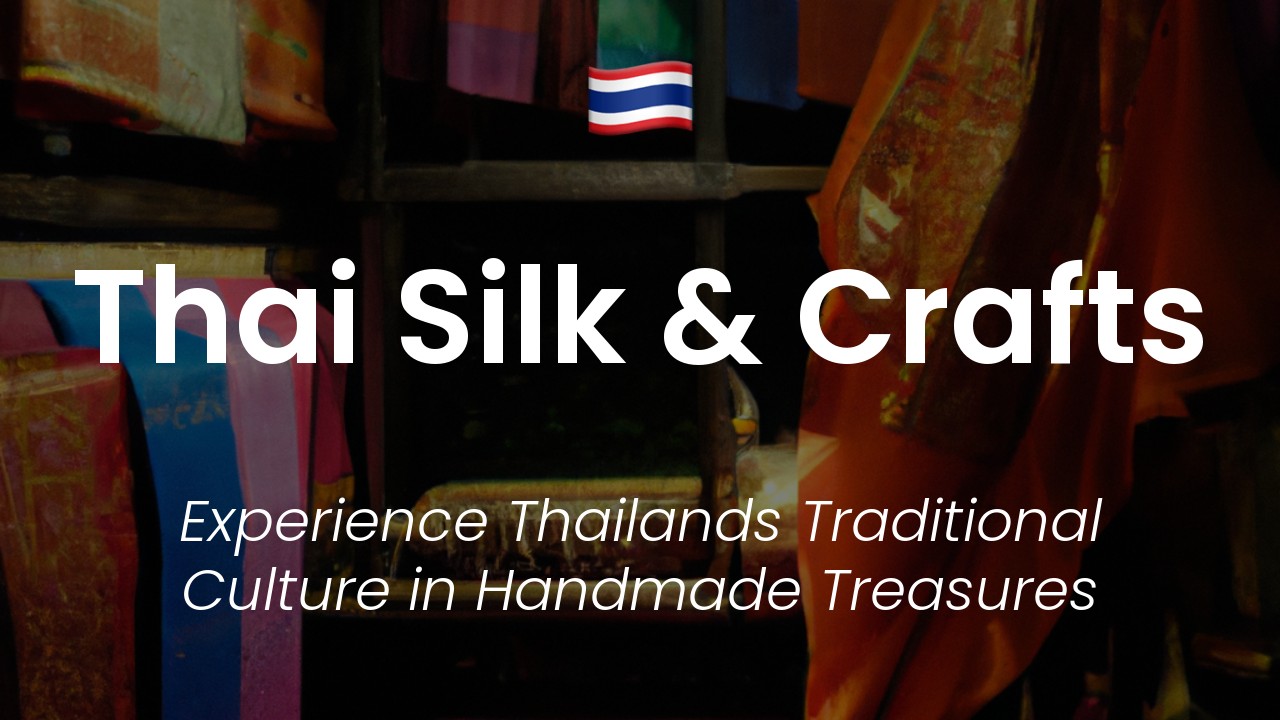Sawadee ka, my lovely readers! As a Thai resident, I am constantly amazed by the diversity of festivals and holidays celebrated throughout the country. From elaborate processions and colorful parades to traditional dances and stunning fireworks displays, these festivities showcase the richness of Thai culture.
As a passionate travel blogger, it's my pleasure to take you on a journey through some of Thailand's most spectacular celebrations. Whether you're a seasoned traveler or a first-time visitor, experiencing Thailand's festivals and holidays is an absolute must.
Throughout this article, I'll share my insider tips for getting the most out of each event. From navigating the crowds to finding the best local food, I'll provide you with all the details you need to create unforgettable memories.
So, get ready to don your brightest clothes, polish your dancing shoes, and join me as we explore Thailand's vibrant festival scene. Let's dive into the colors, flavors, and traditions that make Thailand one of the most enchanting destinations in the world!
Songkran Festival
As one of the most well-known and beloved festivals in Thailand, Songkran Festival is a celebration of the Thai New Year. This festival is famous for the water fights that take place across the country, symbolizing the washing away of the old year's troubles and the entering of the new year with a fresh start.
The festival typically takes place from the 13th to the 15th of April, with celebrations ranging from traditional religious ceremonies to huge street parties. Many people travel from around the world to take part in the festival's activities, such as water pistol battles, foam parties and traditional activities such as merit-making at temples.
During the festival, Thai people also visit their families and elders, make offerings to temples and each other, and pour water mixed with fragrant flowers over Buddha images in hopes of bringing good luck for the new year.
Loi Krathong Festival
Another must-see festival in Thailand is the mesmerizing Loi Krathong Festival, also known as the Festival of Lights. Celebrated on the full moon night of the 12th lunar month, usually in November, people flock to bodies of water to float krathongs, which are flower-shaped vessels made of banana leaves, candles, and incense.
The ceremony is a symbolic gesture of respect and gratitude to the goddess of the river, and a way to release bad luck and negative energy. The glowing lights of thousands of krathongs floating on the water create a picture-perfect scene across the country.
Loi Krathong Festival is also celebrated with fireworks, lanterns, and traditional performances such as Thai musical and dance ceremonies.
Yi Peng Festival
Another visually stunning festival is the Yi Peng Festival, which is celebrated in the north of Thailand at the same time as Loi Krathong Festival. Yi Peng is known for its sky lantern releases and is sometimes referred to as the Lantern Festival.
The festival is sometimes accompanied by processions, parades, and traditional music and dance performances. During the night of the full moon, thousands of sky lanterns are released into the sky, which are believed to carry bad luck and negativity away from the people releasing them.
As the lanterns light up the sky, the festival creates a breathtaking and unforgettable atmosphere.
King's Birthday
One of the most important holidays in Thailand is the King's Birthday, which is celebrated on December 5th every year to honor the late King Bhumibol Adulyadej, who passed away in 2016.
The holiday is also known as Father's Day, as the King is revered as a father figure to the Thai people. The day is celebrated throughout the country, with many people dressed in yellow, the color that represents the Thai monarchy.
During this time, people also visit the Grand Palace in Bangkok to pay their respects and leave flowers and candles at the statue of King Bhumibol Adulyadej.
Vegetarian Festival
One of the most unique festivals in Thailand is the Vegetarian Festival, which is celebrated annually by the Chinese community in Thailand. The festival takes place over nine days in October and is characterized by consuming a vegetarian diet, as well as participating in spiritual activities such as praying and making offerings to Chinese deities.
What makes this festival so unique is the act of self-mutilation to purify body and soul. Devotees participate in acts such as piercing their cheeks with long needles or walking across burning coals, with the belief that the gods will protect them from harm.
The festival is celebrated with colorful parades, which feature participants in elaborate costumes and traditional Chinese music.
Chinese New Year
Finally, it's hard to overlook the importance of the Chinese New Year celebration in Thailand. The festival, which takes place in January or February depending on the lunar calendar, is celebrated by both Thai-Chinese people and Thai people of all backgrounds.
The festival is characterized by dragon and lion dances, red lanterns, and displays of fireworks. As people gather together with their families, they exchange 'ang pao' (red envelopes) containing money with the hope of bringing good fortune throughout the year.
Beyond the celebrations, the Chinese New Year festival is an important opportunity to pay respect to ancestors and engage in spiritual activities.
